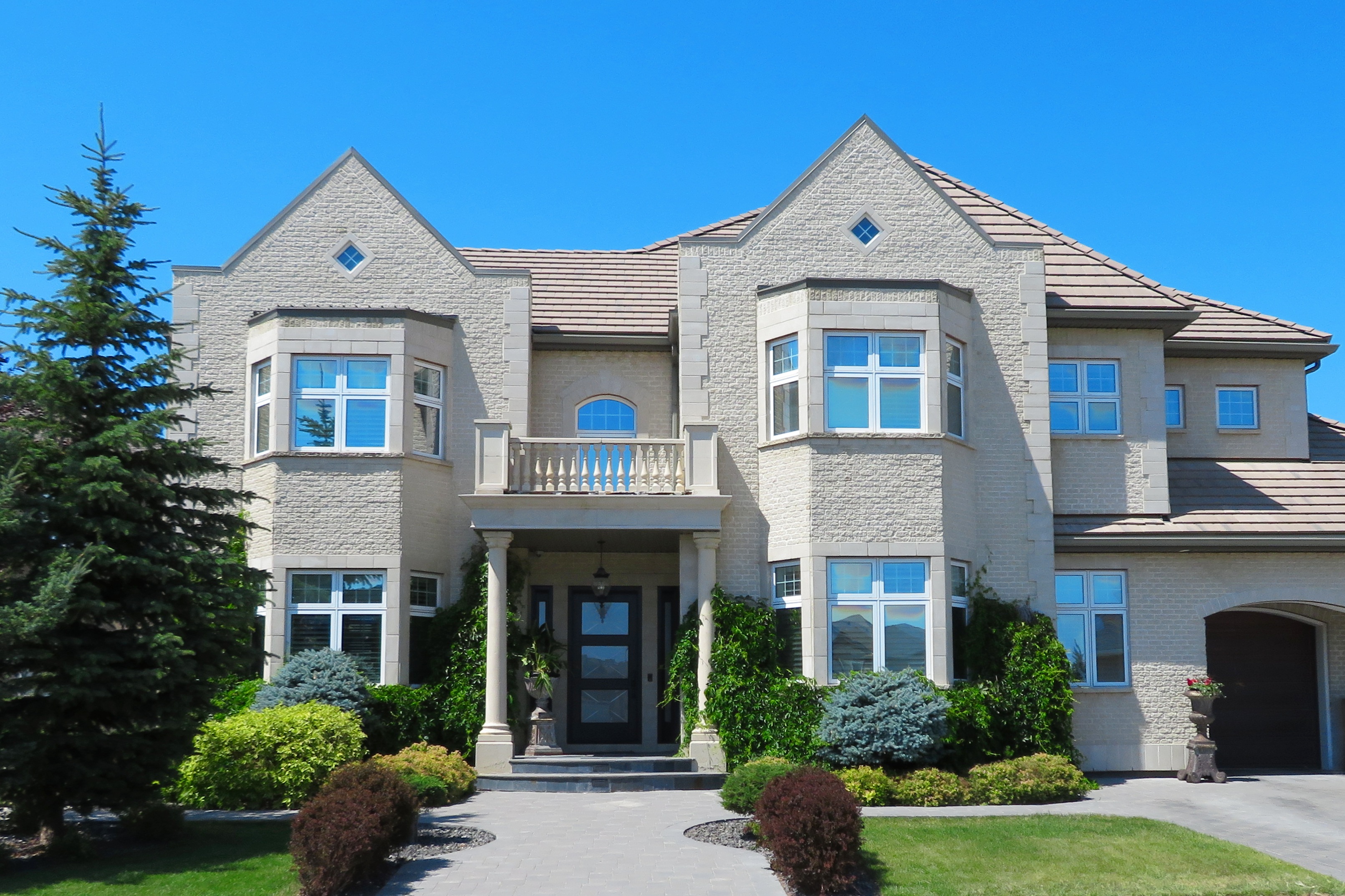Financing Your Mobile Home in South Carolina: What You Need to Know
Financing Your Mobile Home in South Carolina: What You Need to Know
Blog Article

Buying a mobile home in South Carolina can be an exciting journey towards achieving homeownership. With its beautiful landscapes, rich history, and friendly communities, South Carolina offers a welcoming environment for those looking to invest in a mobile home. Whether you are a first-time buyer or looking to relocate, understanding the financing options available to you is crucial for making informed decisions.
As you explore the idea of purchasing a mobile home in South Carolina, you'll want to familiarize yourself with the various financing avenues that can help turn your dream into reality. From traditional loans to specialized mobile home financing options, knowing the alternatives will empower you to find the best solution for your budget and needs. This guide will provide you with essential information and tips to navigate the process smoothly, ensuring that you feel confident as you embark on this exciting venture.
Understanding Mobile Home Financing Options
When you decide to buy a mobile home in South Carolina, understanding your financing options is crucial. Mobile homes can be financed in several ways, including traditional mortgages, personal loans, and specialized loans known as chattel loans. Traditional mortgages are typically available for mobile homes that are classified as real estate, meaning they are permanently attached to the land. This option often provides lower interest rates and longer repayment terms.
If your mobile home is not permanently affixed to land you own or if it is considered personal property, you may need to explore personal loans or chattel loans. Chattel loans specifically cater to mobile homes classified as personal property, allowing buyers to borrow funds based on the home's value rather than the land. While these loans can be easier to obtain, they often come with higher interest rates and shorter loan terms compared to traditional mortgages.
Sell My Mobile Home
Additionally, some financial institutions and lenders offer specific programs aimed at first-time homebuyers, veterans, or those looking to buy a mobile home in a manufactured home community. It is essential to shop around and compare rates and terms, as well as to understand the qualifications needed for each financing option. Doing your research can help you secure the best deal possible when you decide to buy a mobile home in South Carolina.
Steps to Purchase a Mobile Home in South Carolina
The first step in buying a mobile home in South Carolina is to determine your budget. Take into account not only the purchase price but also additional costs such as taxes, insurance, and potential lot rents if you plan to place the home in a mobile home community. Establishing a clear budget will help narrow down your options and guide your financing decisions.
Once you have a budget in place, the next step is to research mobile home models and manufacturers that fit your needs. Visit local dealerships or browse online listings to compare different options. Consider factors such as size, layout, and features that are important to you. It's also wise to check for reviews and ratings of different mobile home builders to ensure quality and reliability.
After selecting a mobile home, the next critical step is to secure financing. In South Carolina, there are various financing options available, including loans from banks, credit unions, and specialized mobile home lenders. Gather your financial documents, such as income verification and credit history, to apply for a loan. Understanding the loan terms and interest rates is vital to making an informed decision before proceeding with the purchase.
Important Considerations Before Buying
When deciding to buy a mobile home in South Carolina, it's crucial to evaluate your financing options carefully. Traditional mortgages may not always be available for mobile homes, particularly if they are located in mobile home parks or if they do not meet certain criteria. Exploring alternatives such as personal loans, chattel loans, or specialized lenders can also provide flexibility. Understanding these financing avenues will help you make an informed decision that aligns with your financial situation.
Additionally, it is essential to consider the total cost of ownership beyond just the purchase price. This includes the costs of land rental, insurance, maintenance, and utilities, which can add up significantly. If you're purchasing a mobile home within a community, factor in any homeowners association fees as these can impact your overall budget. Evaluating these ongoing expenses will give you a clearer picture of your financial commitments.
Lastly, inspect the mobile home thoroughly before finalizing your purchase. Look for any signs of wear and tear, structural issues, and the condition of the appliances. Checking for compliance with safety regulations and local zoning laws is equally important, as these can affect your ability to live in or resell the home in the future. Doing your due diligence ensures that your investment is sound and helps you avoid unexpected costs down the road.
Report this page